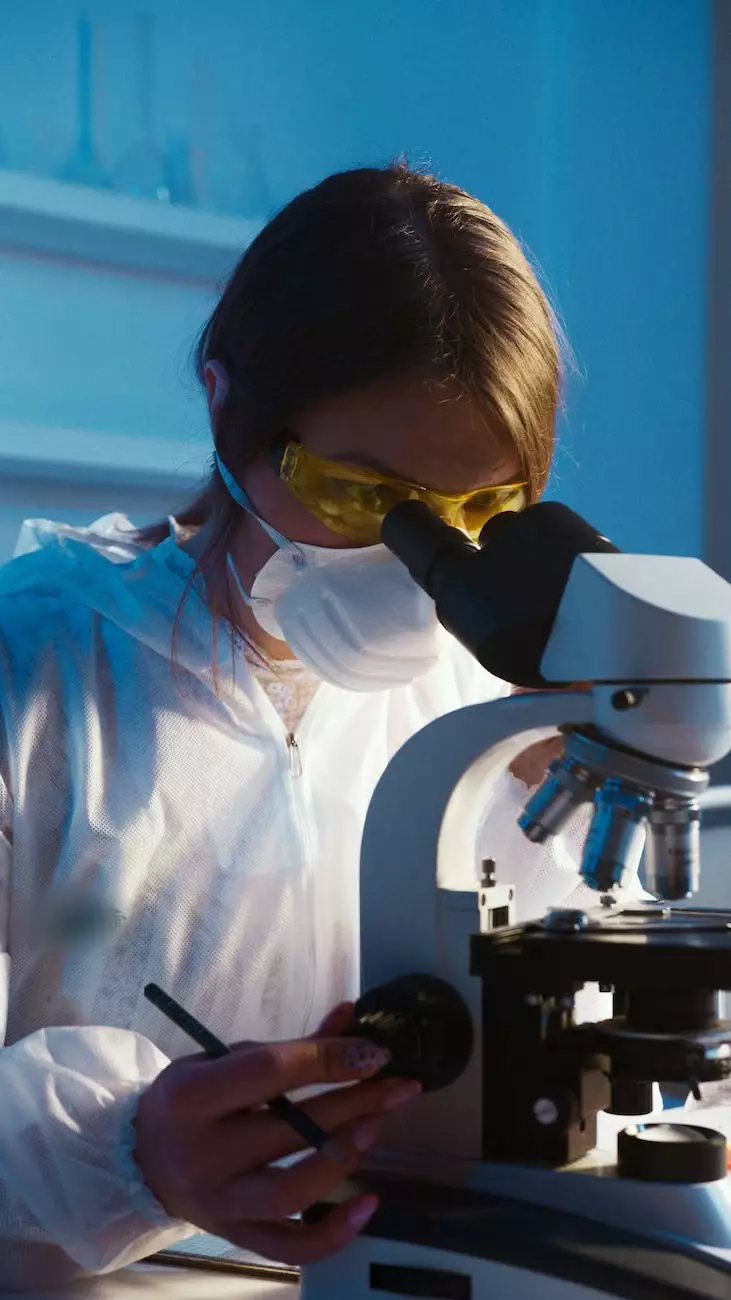How Does My Diet Affect My Testosterone?
Health
Welcome to CHI St. Luke’s Health - Performance Medicine, your trusted source for comprehensive health information. In this article, we will delve into the fascinating world of testosterone and how your diet plays a crucial role in maintaining optimal hormone levels.
The Importance of Testosterone
Testosterone is a hormone primarily produced in the testes of men and in smaller amounts in women's ovaries. It plays a vital role in various bodily functions, including:
- Promoting muscle growth and strength
- Boosting libido and sexual function
- Regulating mood and cognitive function
- Maintaining bone density and strength
- Supporting overall energy levels
While testosterone naturally declines with age, certain lifestyle factors, including diet, can influence its production and balance. By understanding how your diet affects testosterone levels, you can make informed choices to optimize your hormone health.
The Impact of Nutrition on Testosterone
A well-balanced diet rich in essential nutrients, vitamins, and minerals is crucial for overall health, including hormonal balance. When it comes to testosterone, specific dietary factors have been found to exert a notable influence:
1. Protein Intake
Consuming adequate protein is essential for testosterone production and muscle synthesis. Include lean sources of protein such as chicken, fish, tofu, and legumes in your diet to support optimal testosterone levels.
2. Healthy Fats
Healthy fats, such as those found in avocados, nuts, and olive oil, are essential for hormone production. These fats provide the building blocks for testosterone synthesis. Incorporate these foods into your diet to maintain hormonal balance.
3. Cruciferous Vegetables
Cruciferous vegetables like broccoli, cauliflower, and Brussels sprouts contain compounds that help regulate estrogen levels in the body. By regulating estrogen, these vegetables indirectly support testosterone production and balance.
4. Zinc-Rich Foods
Zinc is a mineral known to play a critical role in testosterone synthesis. Foods rich in zinc, such as oysters, beef, pumpkin seeds, and spinach, can help support healthy levels of this essential hormone.
5. Vitamin D
Vitamin D deficiency has been linked to lower testosterone levels. Ensure you are getting enough sunlight exposure or consider incorporating vitamin D-rich foods like fatty fish, fortified dairy products, and egg yolks into your diet.
Lifestyle Factors Influencing Testosterone
In addition to nutrition, several lifestyle factors can impact testosterone levels:
1. Regular Exercise
Engaging in regular exercise, particularly strength training, can stimulate testosterone production. Aim for a combination of cardiovascular exercises and resistance training to maintain healthy hormone levels.
2. Quality Sleep
Getting sufficient high-quality sleep is crucial for overall health and hormonal balance. Poor sleep has been linked to reduced testosterone levels. Prioritize a consistent sleep schedule and create a relaxing sleep environment.
3. Stress Management
Chronic stress can negatively impact hormone levels, including testosterone. Practice stress management techniques like meditation, deep breathing exercises, and engaging in hobbies or activities you enjoy to reduce stress and support hormone health.
Consult with Our Experts
At CHI St. Luke’s Health - Performance Medicine, our team of experts is dedicated to providing personalized care and guidance for optimizing your hormone health. If you have concerns about your testosterone levels or would like to learn more about how your diet can affect your hormonal balance, schedule a consultation with our experienced professionals.
Take control of your health and well-being by understanding the intricate connection between your diet and testosterone. Nourish your body with the right nutrients, engage in a healthy lifestyle, and reach out to our team for expert advice. Prioritize your hormone health and discover the positive impact it can have on your overall quality of life.




